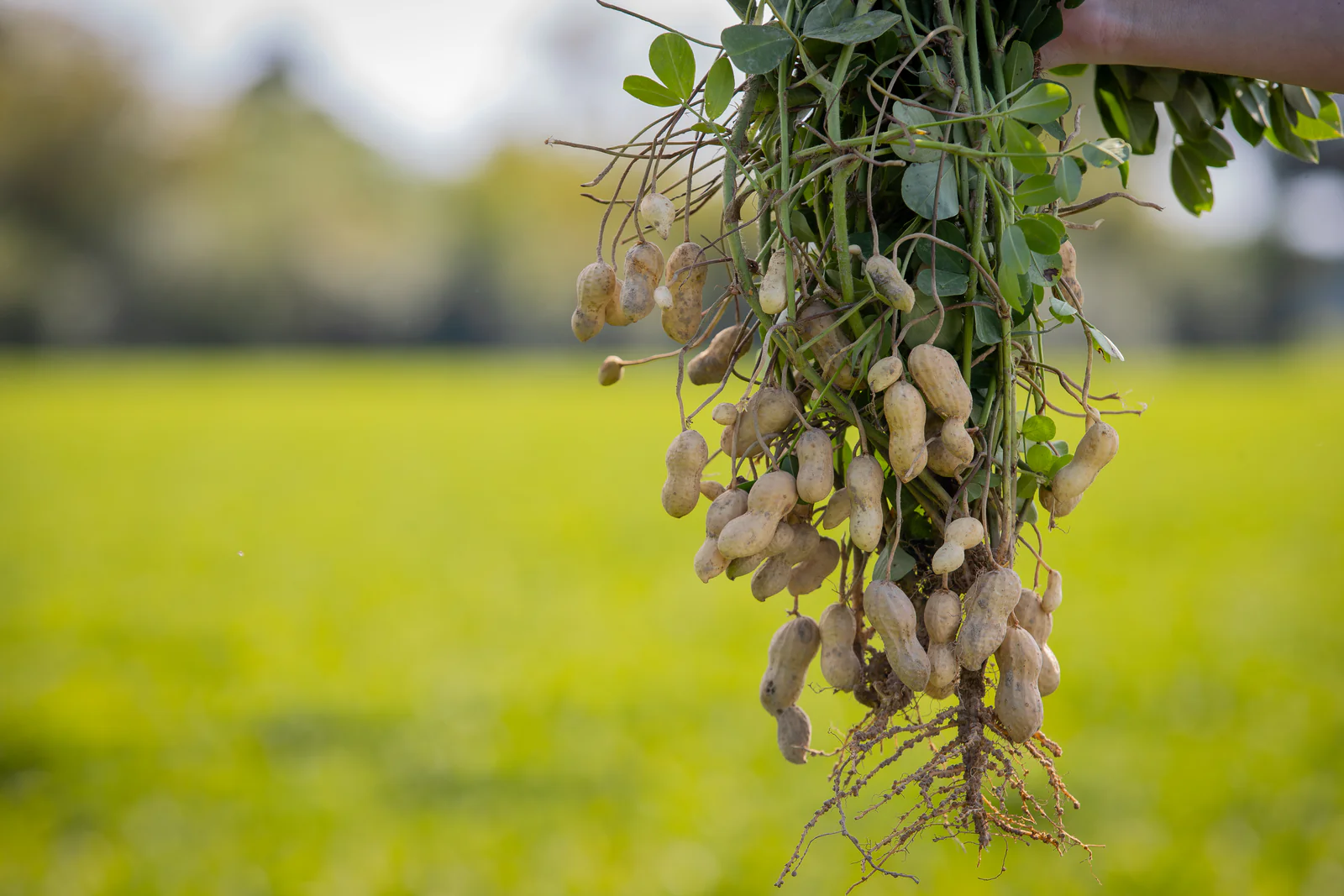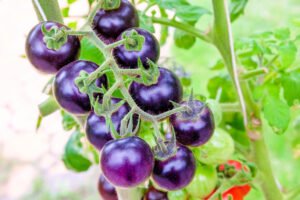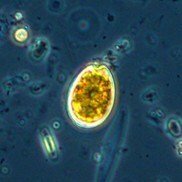Friday, 6 February 2026
Mars invests $5 Mn to future-proof peanut with genomic breakthroughs and global partnerships
Mars, Incorporated, the maker of SNICKERS, M&M’S and one of the world’s top five peanut buyers, has announced a $5 million investment in agricultural science under its newly unveiled Protect…

Mars, Incorporated, the maker of SNICKERS, M&M’S and one of the world’s top five peanut buyers, has announced a $5 million investment in agricultural science under its newly unveiled Protect the Peanut Plan. This five-year initiative aims to address the mounting pressures threatening global peanut production, from pests and disease to the increasing volatility of climate conditions. The move deepens Mars’ commitment to food security and sustainable sourcing, and builds on over a decade of investment and innovation in peanut research.
Peanuts play a vital role in both global nutrition and Mars’ brand portfolio, with the company purchasing more than 300 million pounds annually. Yet despite demand, up to 30 per cent of harvested peanuts are lost before reaching the plate, due to challenges ranging from fungal pathogens to drought. Moreover, only one in every hundred peanuts meets the exacting standards required for a Peanut M&M’S. In response, Mars is advancing crop innovation not as a commodity buyer, but as a scientific stakeholder with long-term strategic intent.
The company has already invested $10 million in peanut science over the last decade, including co-founding the Peanut Genome Initiative. This pioneering effort successfully mapped over 2.5 billion base pairs of peanut DNA, a scientific feat on par with decoding the human genome. Mars made the data open-source, enabling researchers and breeders across the globe to use genetic precision rather than guesswork to breed more resilient peanut varieties.
Amanda Davies, Chief R&D, Procurement and Sustainability Officer at Mars Snacking, said the company is focused on long-term impact rather than short-term fixes. “We have long believed that Mars can play a unique role as an engine of innovation, which is why we’re thinking in generations and betting big on science to protect the peanut. We know the perfect peanut won’t be discovered by accident—it requires long-term investment, scientific ingenuity, and the dedication of our incredible partners to turn potential into progress.”
Among those partners is the University of Georgia’s Wild Peanut Lab, which has developed a new high-yield, disease-resistant variety known as Sempre Verde (“Forever Green”). Now growing in Brazil, this variety delivers up to 30 per cent higher yields and does not require fungicides. Dr. Soraya Bertioli, a senior research scientist at the university, noted that the peanut we know today was a rare natural hybrid. Replicating that kind of evolutionary leap, she said, requires not luck, but science. “Creating more resilient peanuts requires transformative science, discipline, and partnership. Simply put: Our breakthroughs would not be possible without the long-term support of Mars.”
The Protect the Peanut Plan is funding additional genomic research with institutions including the University of Georgia Tifton Campus, the USDA Agricultural Research Service, the HudsonAlpha Institute for Biotechnology, the Instituto Agronômico de Campinas, the Brazilian Agricultural Research Corporation (EMBRAPA), and Argentina’s National Institute of Agricultural Technology (INTA). Through these collaborations, Mars aims to develop peanut strains that can thrive in the face of drought, disease, and shifting growing conditions, while supporting farmers and food systems in key peanut-growing regions worldwide.
This initiative aligns with Mars’ broader Sustainable in a Generation plan, which focuses on sustainable sourcing, environmental stewardship, and resilient food systems. With climate volatility threatening the future of agriculture, Mars is taking a proactive stance—treating ingredients not just as inputs to be sourced, but as ecosystems to be protected.
The company’s push to reinvent the peanut also reflects a larger industry shift. Major food companies are increasingly moving beyond procurement toward deeper involvement in pre-farmgate innovation, recognizing that tomorrow’s supply chains will depend on today’s genomic and agronomic breakthroughs. For Mars, protecting the peanut is about securing supply, but it is also about championing a crop that delivers protein to millions and delight to billions.
As Davies put it, “Innovation without implementation is just imagination.” With this latest investment, Mars is making it clear that when it comes to food security, science is no longer optional—it’s foundational.
Technology
Australia Approves Commercial Release of GM Purple Tomato
Feb 06, 2026 | Australia
Detmold Group Reports Progress on Emissions Reduction, Circular Packaging Goals
Feb 05, 2026 | Australia
FAO on Balancing Climate Urgency and Food Safety in Emerging Agrifood Technologies
Feb 05, 2026 | Food Security
Food Testing
AFNOR International Eyes Global Food Safety Growth with HACCP Group Takeover
Feb 04, 2026 | Australia
Incheon National University researchers uncover hidden toxin risks during nutrient-starved algal blooms
Feb 02, 2026 | Food Safety and Testing
How audit-led approaches are reinforcing trust in retail food safety
Feb 02, 2026 | Food Safety and Testing
More Popular
Fertility Meets Farm-to-Table Dining with Launch of ‘The Fertility Table’ in India
Feb 06, 2026 | Company News
Australia Approves Commercial Release of GM Purple Tomato
Feb 06, 2026 | Australia
Alternative Proteins Could Add €111 Billion Annually to EU Economy by 2040, Study Finds
Feb 06, 2026 | Europe






